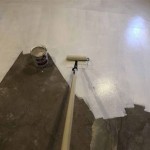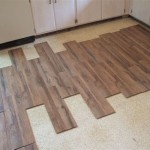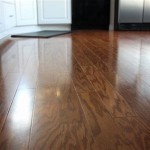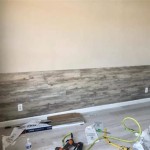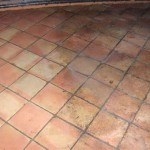The Essential Benefits of Raised Flooring for Basements
Basements, often consigned to storage or left unfinished, offer untapped potential for expanding your living space. Raised flooring, a unique and practical solution, can transform your basement into a comfortable and functional room while solving common basement issues.
1. Moisture Control:
Basements are prone to moisture due to their below-ground location. Raised flooring elevates the subfloor above the concrete, creating an air gap that prevents moisture buildup and inhibits mold or mildew growth. It also facilitates proper ventilation, promoting a healthier indoor environment.
2. Versatility and Flexibility:
Raised flooring allows for easy customization and reconfiguration of your basement space. With adjustable pedestals, you can modify the floor height to accommodate specific equipment or create different functional areas. The modular structure enables quick and easy installation of wires, cables, and utilities, making it adaptable to changing needs.
3. Thermal Insulation:
The air gap created by raised flooring acts as an insulating layer, improving the thermal efficiency of your basement. It helps regulate temperature, reducing heating and cooling costs while creating a more comfortable living environment by preventing drafts and cold floors.
4. Noise Reduction:
Raised flooring dampens sound, minimizing noise transmission between your basement and other levels of your home. The air gap absorbs impact noises and vibrations, creating a quieter and more peaceful living space.
5. Leveling and Grading:
Basements often have uneven floors due to settling or structural issues. Raised flooring provides a convenient solution by leveling the subfloor, creating a smooth, even surface without the need for costly repairs.
6. Accessibility and Maintenance:
Access to wires, cables, and utilities is crucial for maintenance and repairs. Raised flooring allows for easy access to these underfloor areas, minimizing disruption and making it convenient to troubleshoot or replace components.
7. Aesthetics and Customization:
Raised flooring offers a wide range of design options to complement your basement décor. Panel options include metal, carpet tiles, or wood, allowing you to create a customized look that matches your style and needs.
8. Seismic Resistance:
In areas prone to earthquakes, raised flooring can provide additional seismic resistance. The air gap acts as a shock absorber, reducing the impact of ground vibrations on the structure.
Conclusion:
Raised flooring offers a myriad of benefits for basements, transforming them into comfortable, functional, and aesthetically pleasing spaces. By addressing moisture control, thermal insulation, noise reduction, and accessibility, it elevates basements beyond their traditional role, unlocking the full potential of your home.

Basement Floor Design Ideas Choose The Best Flooring Solutions For Your

Raised Floor Systems Explained Spectra Contract Flooring

What Is How Important Raised Flooring And Air Flow

Floating Basement Floor Carpet Tiles Raised
Is A Raised Floor Viable And Safe In Basement Bathroom Plumbing Diy Quora

Floating Basement Floor Carpet Tiles Raised

Comparing The Best Floating Basement Floor System Ideas

Comparing The Best Floating Basement Floor System Ideas

The Top 10 Benefits Of Raised Floor Homes Living Pro

Thermaldry Basement Flooring Systems Waterproof
See Also
